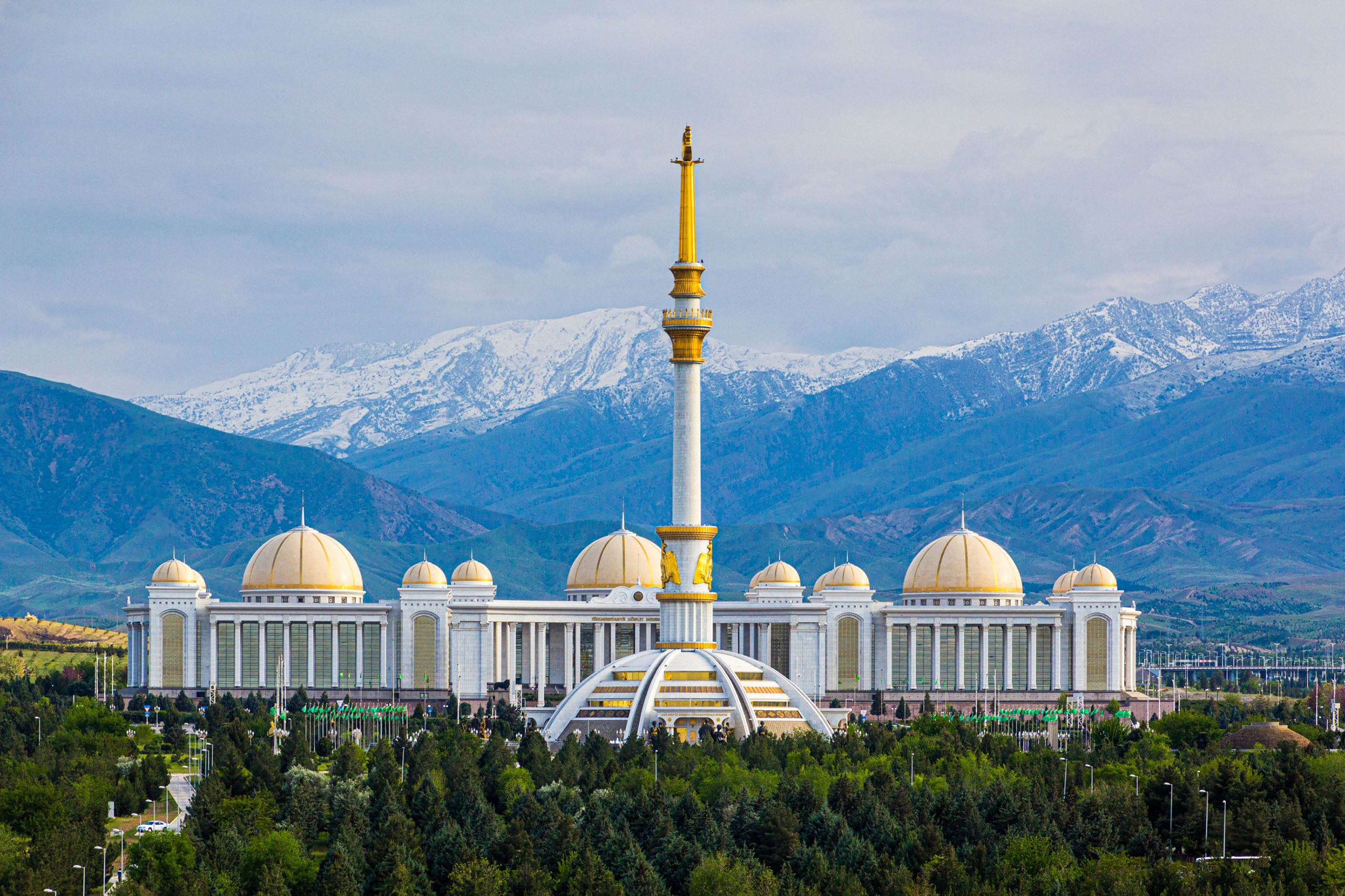Turkmenistan is identified as a challenging environment for foreign investments, according to a report from the US Department of State. The study underscores the high-risk nature of investing in the country, primarily due to comprehensive state control, widespread corruption, and inconsistent currency policies.

The findings caused considerable concern among Turkmenistan's state and business sectors. On the morning of July 22, high-ranking officials exchanged quotes from the study, fully understanding its implications. "This is a verdict," remarked Serdar Aitakov, an expert on Central Asia, though he noted it was a delayed one.
Turkmenistan's strict currency control, where the unofficial dollar exchange rate is five times higher than the official rate, poses significant problems for investors. They face difficulties in repatriating profits or converting local currency for imports, leading to distorted economic data and distrust of official statistics. Aitakov stated, "This is indeed a verdict on Turkmenistan's economic and financial system."
For several years, the World Bank and the International Monetary Fund refused to accept the economic and financial statistics provided by Turkmen authorities. International experts from the United Nations Development Programme and the United Nations Population Fund were also frustrated by the authorities' refusal to release the initial results of the population and housing census. This refusal led to diplomatic inquiries, but the Turkmen government has yet to provide verified information.
Diplomatic circles have raised doubts about the reliability of audits of Turkmenistan's gas reserves, primarily the Galkynysh fields. These audits, conducted by the consulting company Gaffney, Cline & Associates, are based solely on data provided by Turkmen authorities without independent verification. Aitakov noted that this issue has reached a critical point, questioning the fundamental pillars of Turkmenistan's economic power.

Economist and political scientist Kumush Bayriyeva emphasized that the costs of the Turkmen government's flawed economic policies are borne by the population. She highlighted the disparity between the official exchange rate of the manat (3.5 manat per U.S. dollar) and the real rate (19.5 manat per U.S. dollar), which results in underpaying the population by five times. This practice distorts economic indicators, leading to unreliable data in international reports.
The report also noted a severe shortage of qualified personnel in Turkmenistan's economy, which Bayriyeva attributed to a series of policy errors. The government's focus on ideological and ineffective huge projects, rather than investing in education, healthcare, and social development, has left human capital development on the periphery.
The report revealed that Turkmen authorities have gold and foreign currency reserves amounting to $45bn stored abroad. Additionally, funds managed by state-owned concerns Turkmenoil and Turkmengaz remain opaque, with no transparency for the country's parliament, population, or international partners. Bayriyeva noted that the Americans' public discussion of these issues marks the first time such financial opacity has been openly addressed.
Bayriyeva predicts that instead of critically analyzing the study, Turkmen authorities will probably dismiss it as a political manoeuvre. She believes the government lacks the political will and expertise to address the risks and threats outlined in the report. "The money from gas sales continues to flow, but what will they do about their reputation?" Bayriyeva questioned.
Comments (0)